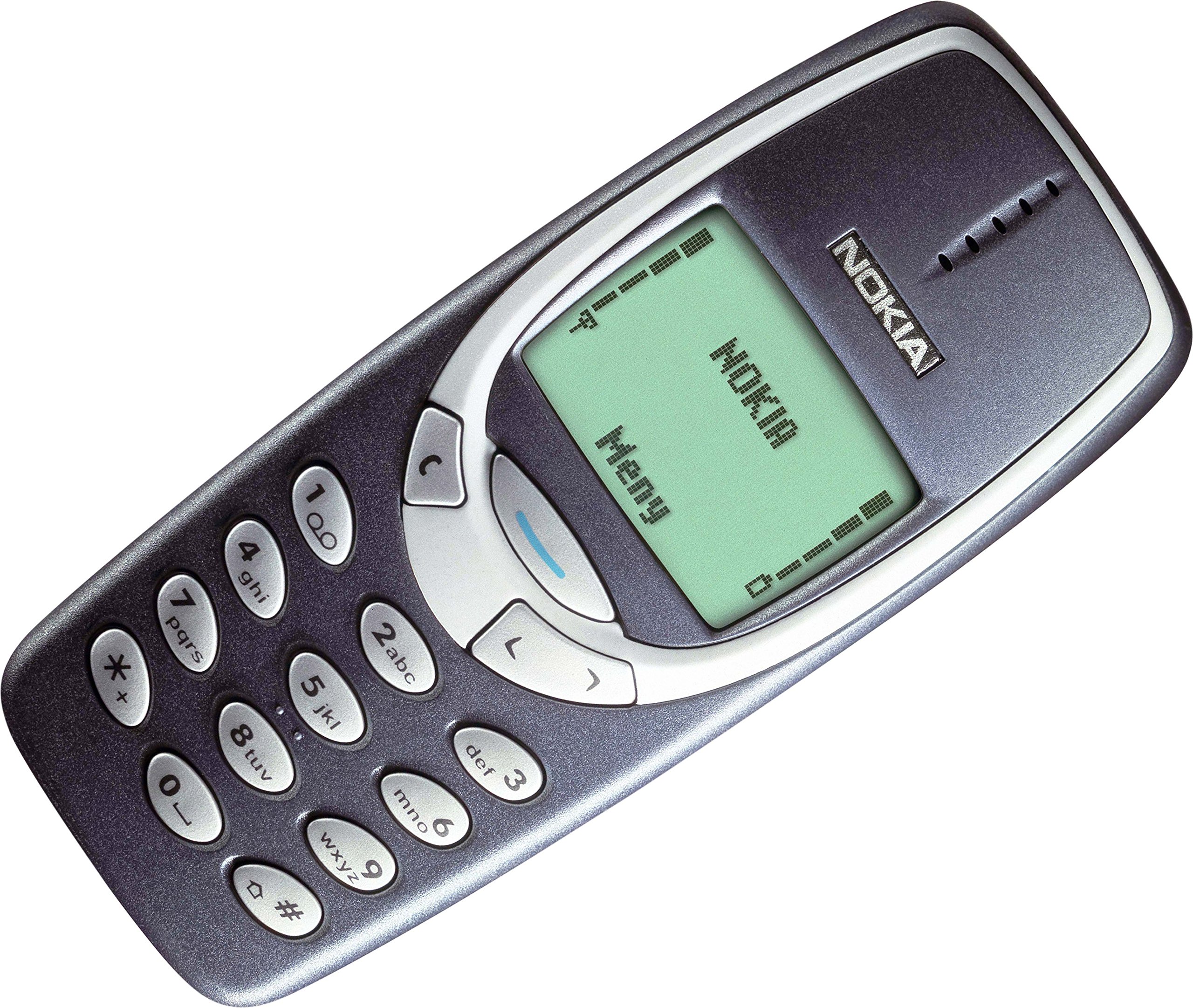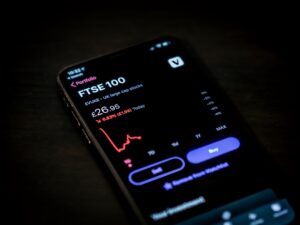Nokia (NYSE:NOK) is a global leader in telecommunications and digital infrastructure, known for its innovative solutions in network technology. The company has a strong presence in the Asia-Pacific region, which is further solidified by its recent partnership with Empyrion Digital. This collaboration aims to enhance the connectivity of the KR1 Gangnam Data Center in Seoul, South Korea, and improve network automation and sustainability for Empyrion Digital.
Empyrion Digital, a key player in the Asian digital infrastructure market, will utilize Nokia’s advanced data center gateway and aggregation switches, including the 7250 Interconnect Router (IXR) and the 7210 Service Access System (SAS). These solutions are designed to boost the reliability, scalability, and operational efficiency of Empyrion’s data center interconnect network.
This partnership is expected to leverage Nokia’s robust supply chain and strong regional presence to facilitate a swift upgrade across several countries. Despite Nokia’s strong market presence, the company reported earnings per share of $0.05 on July 24, 2025, which fell short of the estimated $0.07. However, Nokia’s revenue of approximately $5.35 billion surpassed the estimated $4.72 billion, showcasing its ability to generate substantial sales.
The company’s price-to-earnings (P/E) ratio of 18.84 reflects the market’s valuation of its earnings, while a price-to-sales ratio of 0.99 indicates that its market capitalization is nearly equal to its total sales. Nokia’s financial metrics reveal a stable financial position, with an enterprise value to sales ratio of 0.95 and an enterprise value to operating cash flow ratio of 9.03. These figures provide insight into the company’s valuation, including debt and cash flow generation.
Additionally, Nokia’s debt-to-equity ratio of 0.21 suggests a relatively low level of debt compared to equity, while a current ratio of 1.46 indicates a good level of liquidity to cover short-term liabilities. The partnership with Empyrion Digital aligns with Nokia’s strategy to meet the evolving needs of digital infrastructure providers. Nokia’s solutions are designed to ensure automation-ready and energy-efficient networks, which are crucial for managing growing data traffic demands. As highlighted by Kent Wong, Vice President and Head of IP Networks for Asia Pacific at Nokia, the Data Center Fabric solution will deliver high network performance, further strengthening Nokia’s position in the market.




